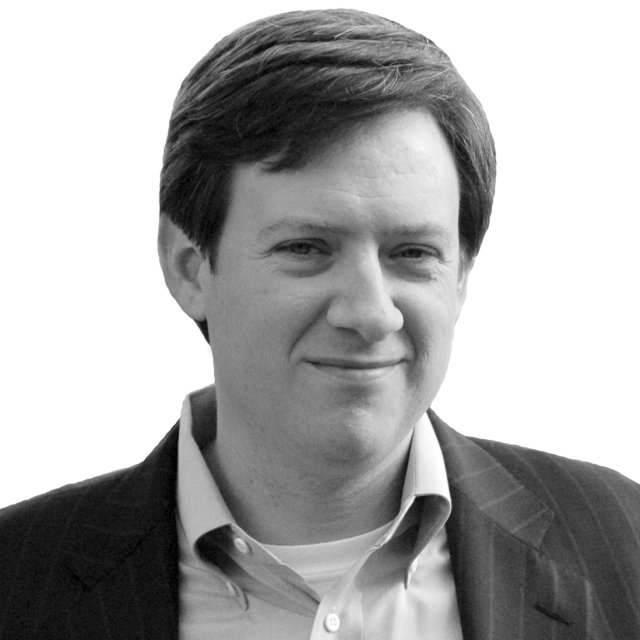When Tragedy Strikes a Young Family

I have a client who is 39. He’s married and has two young children. He has an extremely successful career. He and his family are really hitting their stride.
One day he started to feel unwell. Eventual checkups led to a diagnosis of cancer. His wife called me on a Saturday morning to discuss the shock of what they were going through, and to get some basic sense of what to expect next, financially.
There’s no way to prepare yourself for this kind of devastating news. Brené Brown discusses this eloquently when she talks about "foreboding joy" — the sense we sometimes have, when things are going well, that something terrible will happen to us or someone we love.
This mental rehearsal for the worst-case scenario doesn’t make it any easier when we get tragic news; instead, it gets in the way of our truly feeling joyful and present in the moment right now.
What can give us a lot of peace of mind is financial preparation — the knowledge that our families will be taken care of if something happens to us. Here are some important elements of that planning:
- Life Insurance: If you have young children who are depending on your income, a good 20- to 30-year level term policy is a solid foundation to help support your family through the children’s school years.
- Disability Insurance: Being injured or sick and unable to work is often more financially catastrophic than death, since your expenses have likely increased to deal with your treatment, but your income has gone away. A good disability policy through your employer or through a private insurer is great protection, since it will provide at least part of your income while you're unable to earn a living. This coverage is more expensive than life insurance, since it is far more likely a person will become disabled rather than die early, but disability insurance has substantial benefits.
- Emergency Fund: A baseline amount of cash is the protective foundation to any financial plan. This isn’t because cash is such a great deal, since returns in savings accounts nowadays are minimal at best. Emergency funds are a great deal because they allow us to weather financial storms — for example, covering waiting period before the benefits on a disability insurance policy kick in — and ultimately to take advantage of opportunities when they present themselves.
- Wills, Living Wills, and Powers of Attorney: If you have young children, this is essential. The issue isn’t if you or your spouse die; it's if both of you die, since those kids will inherit life insurance proceeds, retirement plan benefits, and more. If you and your partner both get run over by the proverbial bus, you need to make provisions for who will take care of your children. You should make that decision, and not leave the courts to decide if you’re not around. Living wills allow you to state your end-of-life choices; while never easy to carry out, they always provide a level of peace to families who know they’re carrying out their loved one's wishes.
A few weeks later, I had lunch with this couple. The husband was about to have surgery. "If I don't wake up," he asked, "what's going to happen?"
It was the best of a bad situation: He had insurance. They had an emergency fund. They had the necessary end-of-life and estate-planning documents. Were he to not pull through, his wife and children would be in a position to try to find a new normal. (In fact, he did pull through, and he's working on his recovery.)
The most important thing for any patient with a long-term illness is to focus on his overall health and mental outlook. Having financial plans in place allows a patient to set other worries aside. He can tell himself, "In the worst-case scenario, my family will be all right. Now I can focus on 'What can I do to be well?'"
All our days are numbered. The question is, can you be present for the time that you have? The right financial plan can ease the way.
----------------------------------------
H. Jude Boudreaux, CFP, is the founder of Upperline Financial Planning, a fee-only financial planning firm based in New Orleans. He is an adjunct professor at Loyola University New Orleans, a past president of the Financial Planning Association's NexGen community, and an advocate for new and alternative business models for the financial planning industry.
